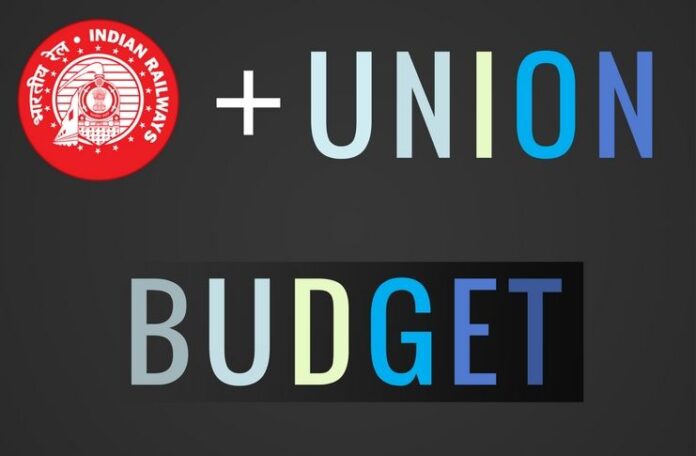
Recently, the newspapers are filled with news of major budget reforms by the Narendra Modi Government. They are respectively, to:
-
Scrap the separate Railway Budget and merge it with the Union Budget.
-
Advance the date of the Union Budget to January-end from the present last day of February.
The proponents of the above ideas also argue the following:
The first proposal is to scrap the separate Railway Budget and merge it with the Union Budget to
-
Depoliticize railway fares which effectively mean the freedom to railways to hike fares without the more public route of announcing it by way of railway budget presented in the Parliament. Though, this has been considerably achieved by way of creation of Railway Tariffs Authority to decide passenger fares.
-
Withdraw the obligation of Indian Railways to pay a dividend to the Consolidated Fund of India, which is a major strain on the resources of the railways.
-
The Railway budget was introduced when spending on Railways was a substantial component of the Union Government in early twentieth century and the spending on and importance of railway budget has declined significantly since then.
-
Merger of Railway budget with the Union Budget will withdraw the public glare and media frenzy associated with the Indian Railways and the railways will not be constrained to announce unremunerative projects.
-
Separate budgets are not presented for other infrastructure ministries such as Surface Transport, Shipping and Defence which have equal to or larger outlays than the Railway ministry.
The second proposal is to advance the date of Union Budget by one month from the last day of February to the last day of January.
[dropcap color=”#008040″ boxed=”yes” boxed_radius=”8px” class=”” id=””]A[/dropcap]t present the Union Budget is presented on the last day of February and the process of Budget ratification by both houses of Parliament and assent of the President is usually completed by mid-May. Consequently except for rates of Central Excise and Service Tax which can be varied under the Provisional Collection of Taxes regulation, the other amendments usually come into effect from June 1, that is, in the middle of the Financial Year. Also the Central Government has to get a Vote on Account approved by the Parliament to meet the expenses of the months of April and June. Advancing the budget date will mean that the process of union budget will be completed by the end of 31 March and before the beginning of the new Financial Year. With the proposed GST, the function of tweaking with indirect tax rates will also move to the GST Council. This will also eliminate the separate vote on account for the first two months of the financial year.
The proposed reforms are a welcome move by the Narendra Modi government to reduce the legislative burden on routine and use the parliamentary time more productively for other important matters. It would be expedient if every ministry is given a time of 5-20 minutes to highlights targets, achievements and policies of the ministry before the presentation of the Union Budget. This would put the onus on the ministries to be more accountable to the parliament and the people.
- Social Security Payments : Tax or Savings - September 28, 2017
- India Uninc set for a giant leap post Demonetization & GST : A Contrarian opinion - September 3, 2017
- India Myanmar Strategic Economic Cooperation - September 1, 2017










